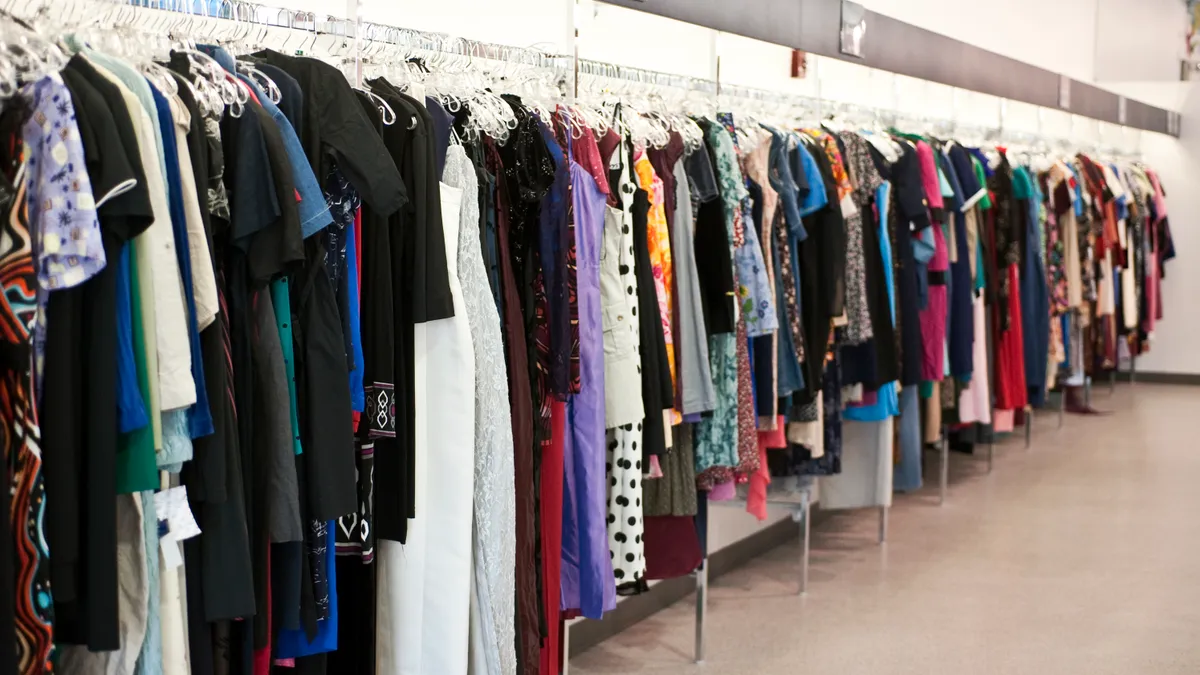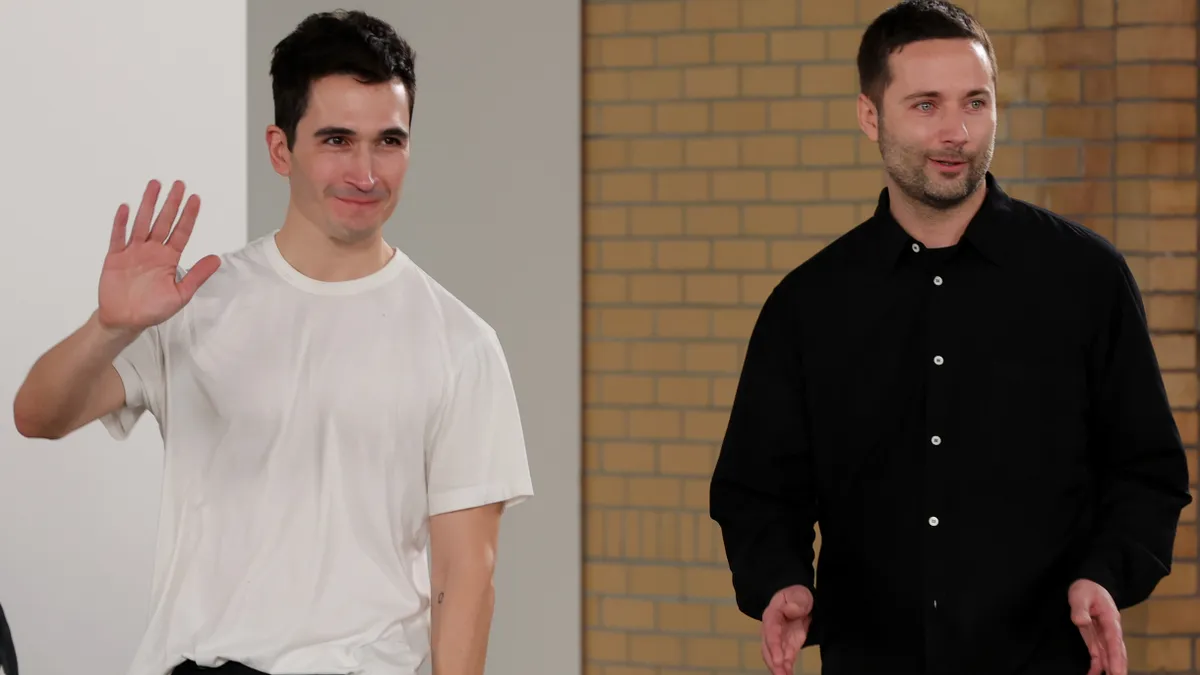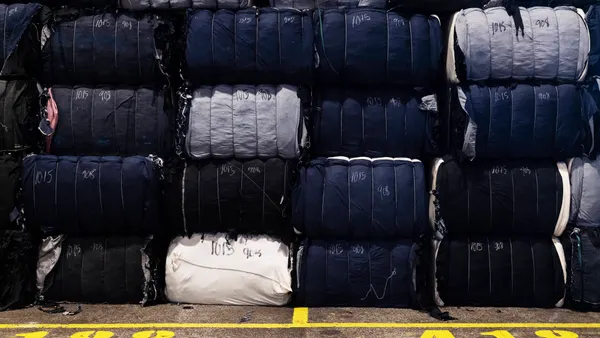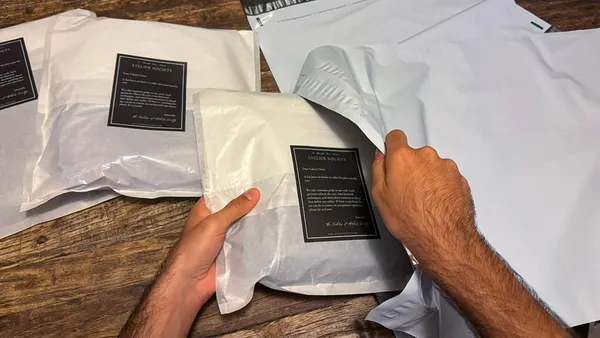Goodwill and Reju have entered a multi-year partnership to develop a model for textile collection, sorting, reuse and recycling in North America, according to a press releases from both companies Tuesday.
The effort is in collaboration with waste management firm WM. Goodwill will work with WM on pilot projects to collect and sort discarded textiles for resale.
Reju, a textile-to-textile regeneration company, is expected to collect the remaining textiles not suitable for resale to use as feedstock to make its regenerative material.
The materials from the pilot projects are expected to be given to Reju once it builds its facility in the U.S. Reju plans to build the U.S. hub by 2027 and delivering product in 2028, according to a spokesperson.
The company is owned by tech firm Technip Energies and recently opened a plant in Frankfurt, Germany. At that plant, it expects to produce 1,000 metric tons of its product, Reju Polyester.
Reju is working to scale production of Reju Polyester, and said that product has a 50% lower carbon footprint than virgin polyester.
The new project builds on Goodwill’s secondhand traceability study, funded by the Walmart Foundation. The study was announced in August, and aims to develop strategies for textile traceability and product life stewardship.
Goodwill stated that it’s uniquely positioned to be a collection point for used textiles because it has donation centers within 10 miles of 83% of the U.S. population, according to Jennifer Lake, president and CEO of Goodwill of the Finger Lakes and chair of the Goodwill Circularity Subcommittee.
“As the extended producer responsibility (EPR) movement gains force, we are inviting brands to work with us to create new solutions for managing product," Lake said in the release.
In the release, Patrik Frisk, CEO of Reju, said the project can help build an ecosystem to achieve textile circularity.
“Reuse is, and will continue to be, the highest value and is essential to the circular economic model for the benefit of all,” Frisk said. “Yet, among the products that are not reused, less than 1% are recycled globally today. A textile-to-textile circular ecosystem can only be optimized when more textiles are diverted from the waste stream and into the recovery cycle. Goodwill and WM are looking to play a critical role in recovery through the collection and sorting of textiles in North America.”
Editor’s note: This story has been updated with additional information on the U.S. hub.











